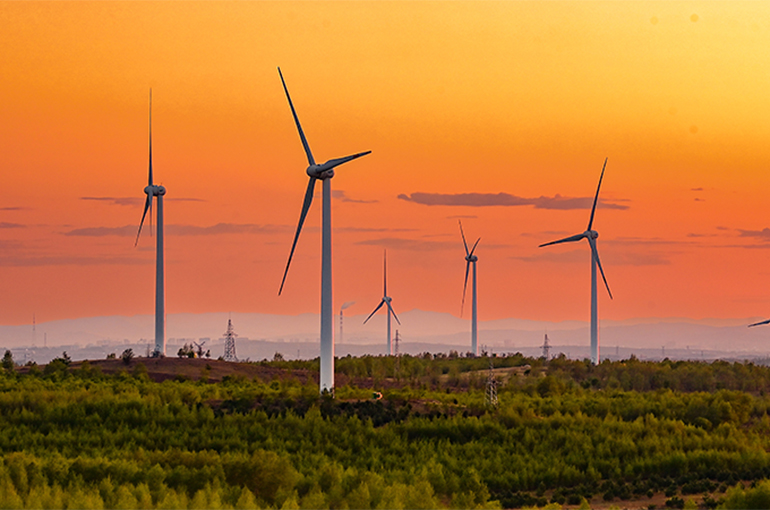 China, US Further Cooperation on Climate Crisis
China, US Further Cooperation on Climate Crisis(Yicai) Nov. 16 -- China and the United States have released the ‘Sunnylands Statement on Enhancing Cooperation to Address the Climate Crisis,’ after the China Special Envoy for Climate Change Xie Zhenhua and US Special Presidential Envoy for Climate John Kerry met in Beijing from July 16 to July 19 and at Sunnylands, California, from Nov. 4 to Nov. 7.
Both countries support the G20 Leaders Declaration to pursue efforts to triple renewable energy capacity globally by 2030 and intend to sufficiently accelerate renewable energy deployment in their respective economies through 2030 from 2020 levels, so as to accelerate the substitution for coal, oil, and gas generation, and thereby anticipate post-peaking meaningful absolute power sector emission reduction, said one of the 25 points of the statement released yesterday.
Compared with previous announcements, this one contains more specific figures, showing the practicality of this cooperation, Hu Bin, research director of global climate governance at the Institute of Climate Change and Sustainable Development of Tsinghua University, told Yicai.
About the “pursue efforts to triple renewable energy capacity globally by 2030” point, Hu said that previously, the US was cautious, fearing that it would increase China’s influence in the new energy sector, but this time, the US seems to be expressing its approval.
“Given the current situation between the two countries, the determination and implementation of these specific figures are very important and show the practical orientation of this cooperation,” Hu pointed out.
“What matters most is that both countries deliver on today’s commitments to rapidly scale up renewable energy within the decade, phase out dependence on fossil fuels, reduce methane pollution, and strengthen national climate targets,” Manish Bapna, president and chief executive officer of the Natural Resources Defense Council, a US-based non-profit international environmental advocacy group, told Yicai.
China and the US also aim to advance at least five large-scale cooperative carbon capture, utilization, and storage projects each by 2030, including from industrial and energy sources, according to the statement.
“The target of advancing at least five large-scale cooperative CCUS projects had never been mentioned before,” Hu noted. “This kind of concrete change represents an important progress for the cooperation between the two countries.”
Both sides agreed to restart the China-US Energy Efficiency Forum to deepen policy exchanges on energy-saving and carbon-reducing solutions in key areas, including industry, buildings, transportation, and equipment, the statement added.
Moreover, China and the US intend to hold a high-level event on subnational climate action in the first half of next year, the statement shows. Both sides welcome with appreciation existing subnational cooperation between them and encourage states, provinces, and cities to promote practical climate cooperation.
“In addition to specific numbers, cooperation at the local level has also been a bright spot this time,” Hu said. “With the Biden administration facing elections, local cooperation is an important way to achieve sustained partnership between China and the US.
“Even with a change in the US federal government, there would still be a lot of independence for state governments to work with China,” Hu believes.
Editor: Futura Costaglione